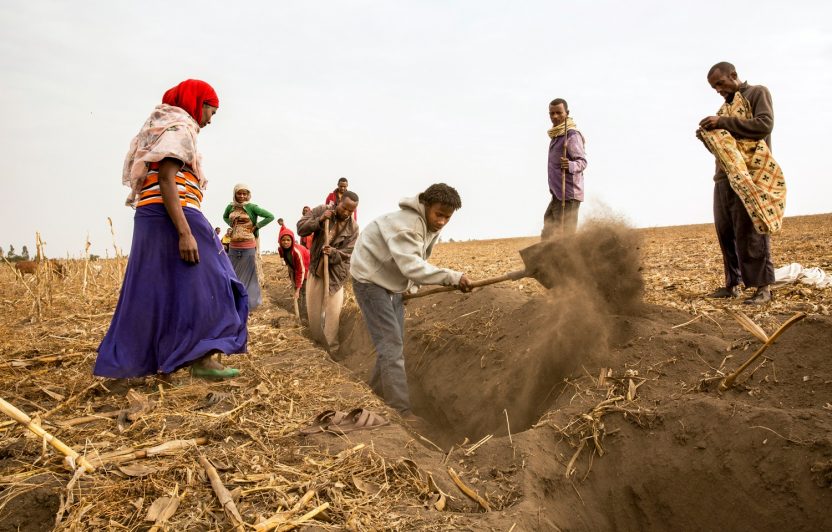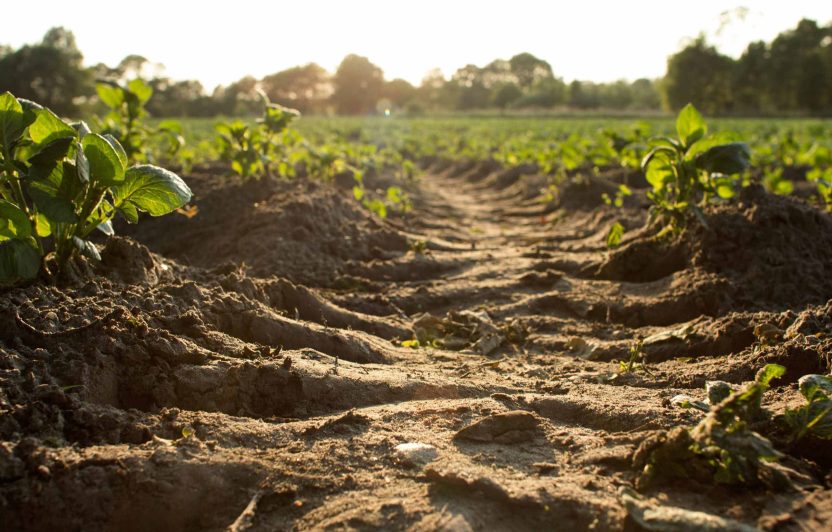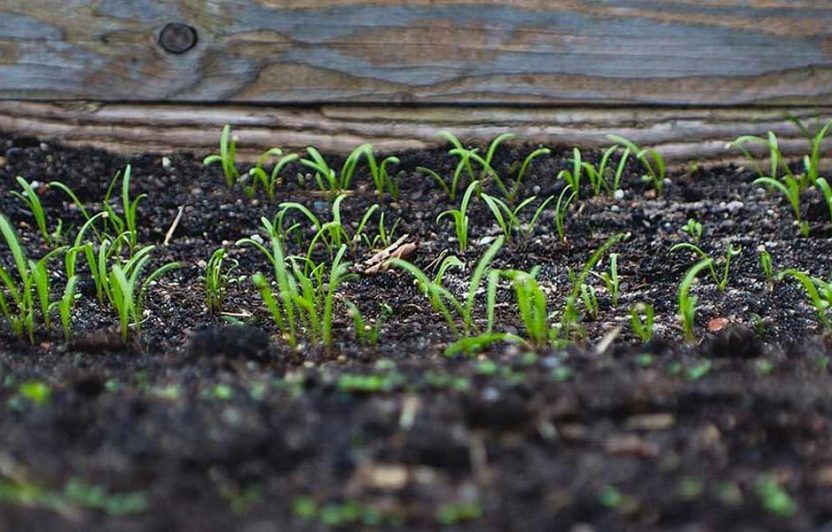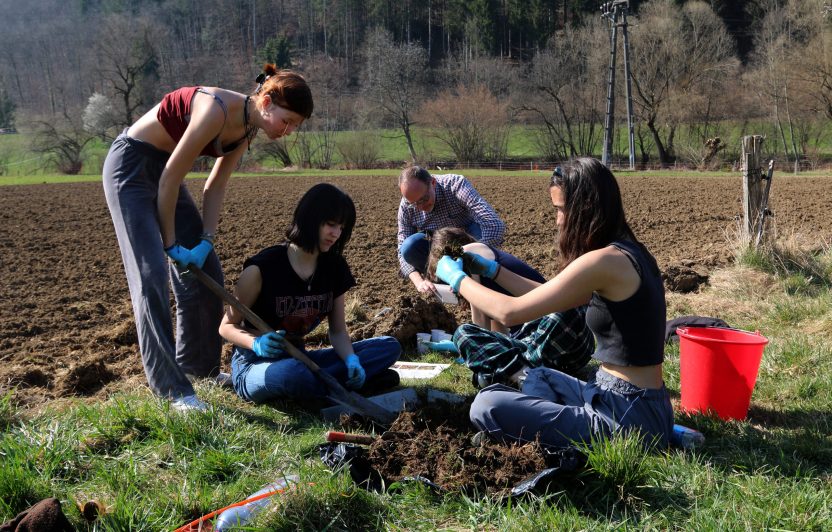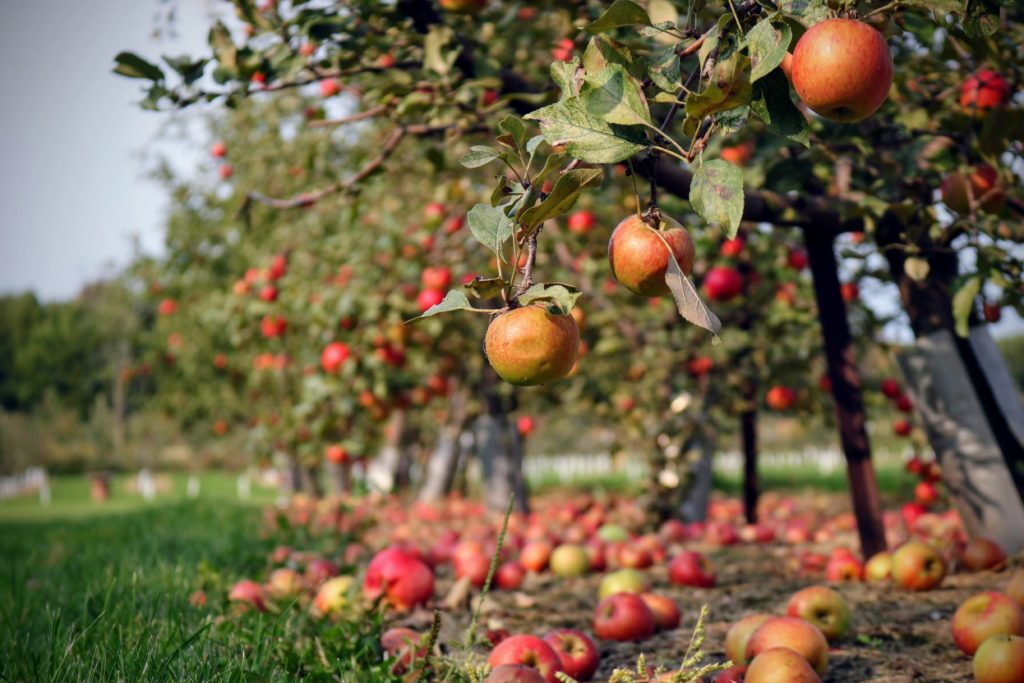
The use of plant protection products in agriculture is particularly hotly debated in the run-up to the submission of two initiatives on this issue to the population on 13 June. The crops that require the most pesticides include vines and trees. The fact that they are often perennial and monovarietal makes them particularly susceptible to diseases and pests, while organic production remains quite intensive. “The most sought-after apple, the gala, is typically one of the varieties most susceptible to scab, necessitating a dozen interventions per year, both conventional and organice,” says Flore Lebleu from the Research Institute of Organic Agriculture (FiBL). However, in several regions of French-speaking Switzerland, initiatives are emerging to limit the use of synthetic chemistry.
No loss in yield or quality
The Canton of Valais has just launched a project that is unique in Switzerland to try and reduce the use of plant protection products in arboriculture by 30%. The ArboPhytoRed 2021-2026 project, which is financed by the Canton and the Confederation to the tune of of 5.6 million francs, will help around 40 farms to test new cultivation methods. The stated objective is not to lose out on performance or quality.
This type of news delights Sofia de Meyer, the director of Opaline, which transforms 450 tonnes of fruit into juice every year, 90% of which comes from the Valais. The firm is unable to obtain a full supply of organic cider due to irregular fruit availability, coupled with the small number of organic cider orchards. “We created the Opaline Foundation in 2018 to support the agricultural transition to regenerative agriculture. The approach is designed to be inclusive thanks to pilot projects conducted over small areas, in partnership with producers and local communities.”
Creating a balanced system takes time
The BioDiVerger near Morges is another exploration site that has been financed by the Canton of Vaud since 2013. This 5,300 m2 orchard represents a real “toolbox” for professionals, reducing inputs and increasing biodiversity to obtain a resilitent ecosystem and reduce working time. It also highlights the value of short circuits. “The agroforestry section is achieving the best results, with pest control and rapid generation of income from market gardening,” says Flore Lebleu, from FiBL, who is also tackling the challenges associated with climatic hazards (drought) and the time needed to create a balance.
Measures that are not only agronomic, but also political
Although alternatives are spreading in French-speaking Switzerland, their success depends on factors as multiple as establishing a political framework, encouraging collaboration between different stakeholders, ensuring fair remuneration or support for tree growers, and even guaranteeing buyer acceptance of fruit with a less regularly calibrated appearance. From consumers to producers, from politicians to scientists, everyone has a role to play in the transition to sustainable local arboriculture.
Biovision’s information platform on agroecology contains inspiring practical examples and an analysis tool for your own project.


